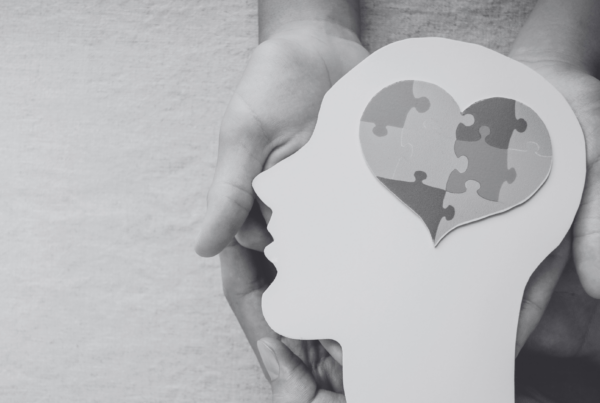From the outset looking in, we can see the physical benefits of exercise. But did you know there are also mental health benefits of exercise? It can boost your mood, improve your sleep, and help you deal with depression, anxiety, stress, and more.
While the physical health benefits of exercise are discussed frequently, we feel the mental health benefits of exercise are often overlooked. Studies suggest that exercise helps warn off the mental health problems before they start.
If you do already exercise, how do you feel after a workout? And I’m not just talking about your blush cheeks and a rush for you to lie down. Once it’s settled, I’m sure that you feel like you have more energy, and your problems might not seem so big.
This Wellspace blog, is going to inform you of the mental health benefits of exercise and how you can track you progress through a workplace app.
5 Ways That Exercise Benefits Your Mental Health
-
You’ll Sleep Better
Because of the body’s need to recover from exercise, your brain will make you tired earlier and help you sleep better and more consistently. The human body recovers at night when we sleep; this is the most profound effect of recovery from training sessions. Without sleep, you will not progress very far in your quest for fitness. Luckily your brain has you covered.
If you’d like to read the top 5 tips to get better sleep then read our latest blog.
-
Enhances Your Self Esteem
Your self-esteem comes from the difference in how you wish you were and how you are. The closer you perceive you are to how you would like to be, the higher your self-esteem. Self-esteem is higher in those who regularly exercise as they see they have good cardiovascular fitness, and a more positive self-perception. All these elements help them feel closer to their ideal image of themselves.
High self-esteem improves our overall mental health as it creates more positive self-perception, increased self-belief, and improved body image and self-image.
-
Alleviate Depression
Exercise can be a potentially powerful antidepressant, regardless of depression intensity. It’s been shown to work well for older adults doing group exercises, reinforcing the benefits of socialising as we age.
Despite these clear benefits, the experience of depression can directly impact motivation and energy levels. Therefore, this may not be a go-to strategy for all. Also, non-regular exercisers and those with physical health conditions may require medical clearance to ensure their safety.
-
Reduced Stress
Ever noticed how your body feels when you’re under stress?
Your muscles may be tense, especially in your face, neck, and shoulders, leaving you with back or neck pain, or painful headaches. You may feel a tightness in your chest, a pounding pulse, or muscle cramps. You may also experience problems such as insomnia, heartburn, stomachache, diarrhoea, or frequent urination. The worry and discomfort of all these physical symptoms can in turn lead to even more stress, creating a vicious cycle between your mind and body.
Exercising is an effective way to break this cycle. As well as releasing endorphins in the brain, physical activity helps to relax the muscles and relieve tension in the body. Since the body and mind are so closely linked, when your body feels better so, too, will your mind.
-
More Energy
When we exercise, our blood flow is increased which helps carry oxygen and nutrients to our muscles and makes us more energised and alert. As stated above, with improved sleep quality comes improved energy since our bodies are getting the rest it needs.
Research shows that people who work out regularly are generally more productive in both work and personal life. This is also coupled with the fact that their positive self-talk is increasing which has a great effect on the perception or feeling of being awake and full of energy. Lastly, because people exercising are also more likely to make healthy nutritional choices, they also have the perception of more energy and consume less caffeine daily.
Tracking Your Exercise With A Workplace App
The Wellspace wellbeing application tracks the physical activity of the user. It accurately displays the calories you have burnt, the distance you have travelled, the steps you have taken, and even the number of floors you have covered.
The mental health benefits of exercise are endless. With small increases to your employee activity levels will help improve their overall health, meaning better quality sleep, a stronger immune system, and a better mental resilience.
Wellspace: Contact Us
If you are looking to use the latest in technology to support your employee’s health and wellbeing, then why not contact us here for more information, or call us on 0808 178 0748 where one of our expert team will be delighted to chat to you.
We can offer specialist advice on how our wellbeing app will support your business, and our team of experts will help you in choosing the right package for your organisation.










